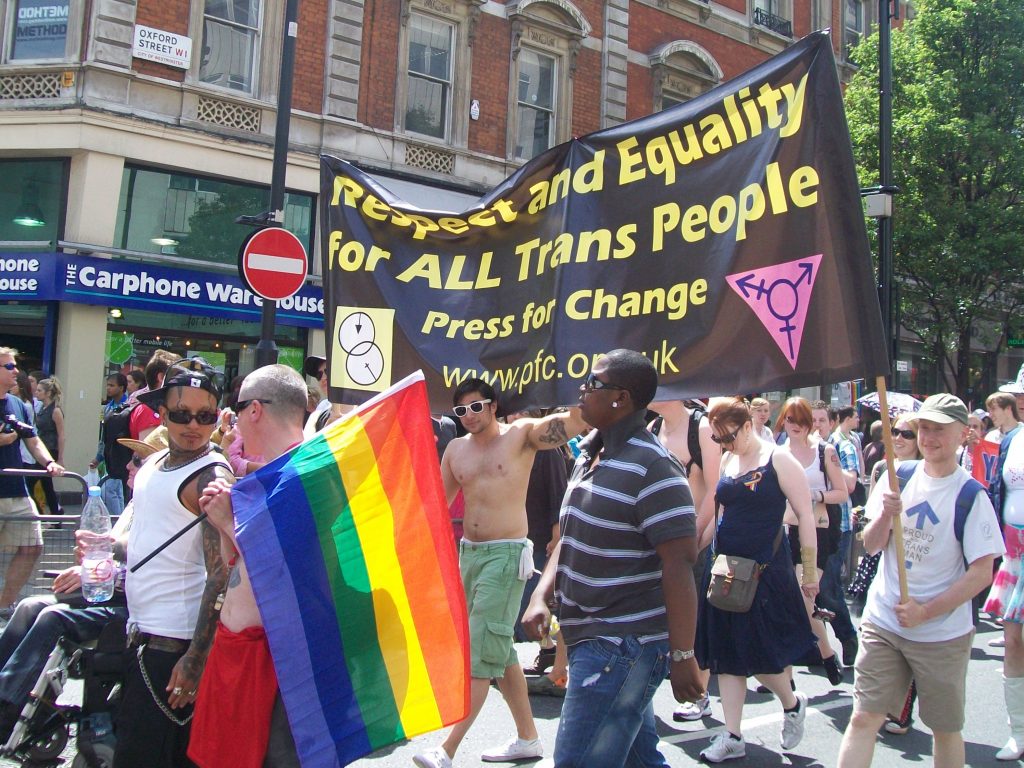How to Accommodate Transgender Employees

Transgender employees should have the same rights as any other workers. The NYC Commission on Human Rights makes sure that NYC employers honor transgender rights by enforcing the NYC Human Rights Law (NYCHRL). The Law targets numerous human rights violations including gender discrimination. Understanding how to accommodate transgender employees is important for employers. They can face costly legal fees and fines if they do not comply with the Law. This article will explain how companies can create a fair work environment for transgender workers.
How to Build a Work Space According to the NYCHRL

Employers should have single-occupancy restrooms. They should also create private spaces withing multi-user restrooms and changing rooms for any employee who has privacy concerns. Furthermore, employers need to honor an employee’s request to use single-occupancy bathrooms because of their gender. For example, a person in the process of a gender transition may want to use a single bathroom. It is important to note that it is illegal to ask a transgender person to use a single bathroom because of their gender identity.
Employers should make policies that ensure all workers are able to use single-sex bathrooms or locker rooms that match their gender identification. Additionally, companies should train all workers on the policy. They can also place signs in single restrooms and changing rooms that explain gender rights under the Law. Finally, employers can make anti-discriminatory codes of conduct for single-sex facilities.
Transgender employees’ knowledge of their own safety should be a main concern for employers. Employers should also let employees come to them if they are ever worried about safety. They can have safety plans if workers need them. For example, an employer should honor transgender employees’ requests to change to facilities that match their sex instead of their genders. A transgender person could feel unsafe in certain facilities, and it might be difficult for them to approach employers.
